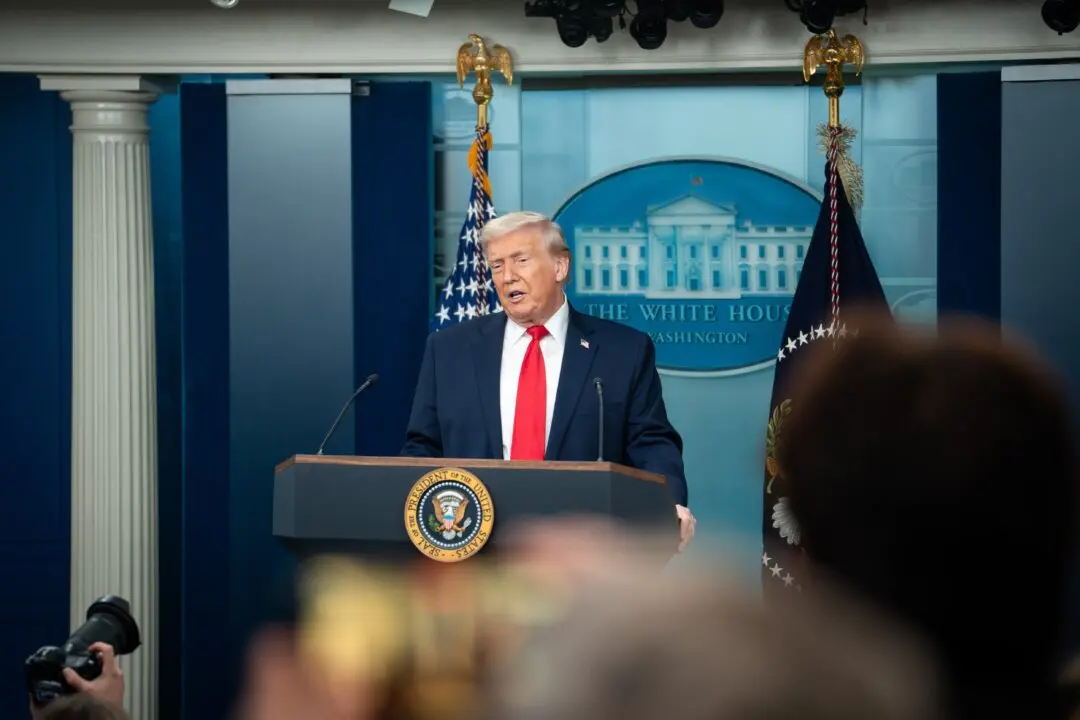Oklahoma became the latest state to take action against Wall Street firms that it claims are hurting companies that are essential to providing jobs and energy for the state.
Oklahoma Treasurer Todd Russ announced on May 3 that 13 financial institutions that have been deemed to be discriminating against Oklahoma’s energy industry will be banned from doing business with the state, losing access to billions of dollars in municipal fees, including managing state pension money, in accordance with a recently passed Oklahoma law.





